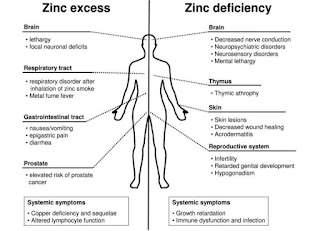Birth defects and causes......4

Birth defects and causes......4 Brought to U.... http://successgain.us and http://successgain.info In USA birth defects statistics taken from CDC you can see from link https://www.cdc.gov/ncbddd/birthdefects/data.html Please also see the birth defects statistics and causes http://www.pcrm.org/research/resch/reschethics/birth-defect-statistics My Advice 1. Most of birth defects can be avoided if couple develop positive thoughts before conceiving example..Blind births, mentally handicapped 2. Some birth defects can be avoided if the couple follow Healthy life style example...some physical defects such as bone defective, brain etc.. 3. Some birth defects can be avoided with Healthy food. I explained each nutrient clearly. 4. Follow Positive thinking, Healthy life style and healthy food 5. Wait to enjoy with











